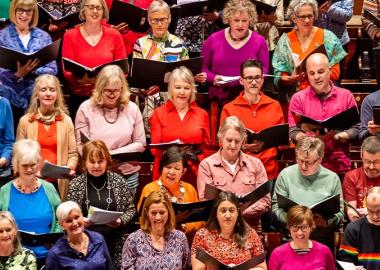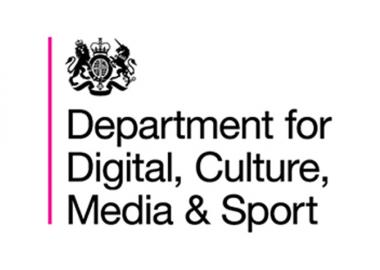Today, the Department for Digital, Culture, Media and Sport (DCMS) confirmed that:
‘from 14 September non-professional performing arts activity, including choirs, orchestras or drama groups can continue to rehearse or perform together where this is planned activity in line with the performing arts guidance and if they can do so in a way that ensures that there is no interaction between groups of more than 6 at any time. If an amateur group is not able to ensure that no mingling takes place between these sub-groups of no more than 6 (including when arriving at or leaving activity or in any breaks or socialising) then such non-professional activity should not take place.’ (from 'Latest updates' in Introduction of Performing Arts guidance)
Good news for those music groups in England that have support from their stakeholders for organising in-person rehearsals and are able to write the required comprehensive risk assessment and put mitigation measures in place.
Making Music members can use our risk assessment guidance and template to assist them with this.
Venues may present a barrier to returning to in-person rehearsals, depending on their own situation. In terms of guidance, however, Action with Communities in Rural England’s (ACRE) statement on 15 September provides a clear interpretation that allows community spaces to start or continue hosting amateur activity, provided there is no mingling.
Good news, too, in Wales, where guidance has now been published specifically for the performing arts (16 September). We are still analysing this, but it clearly does not distinguish between professional and non-professional activity, and it does say, “It applies to training, rehearsal and pre-production activities, and performances which take place with or without a live audience, wherever these activities occur. They include opera, musical theatre, choirs, brass and silver bands, comedy and other performing ensembles in music, dance, and theatre.”
We will be updating our guidance tool to reflect these changes shortly.
For Northern Ireland and Scotland, please also refer to the guidance tool (no recent changes).










